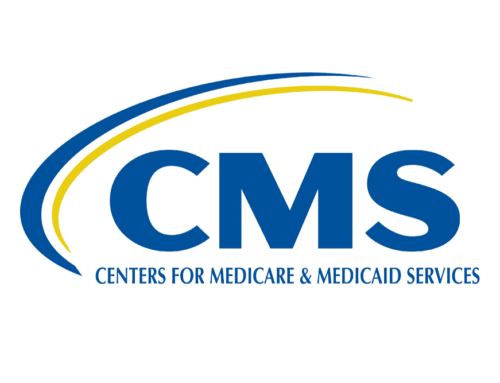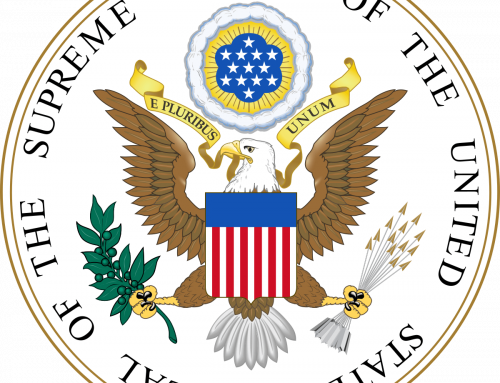CENTER UPDATE | JUNE 2024
In this Issue:
- 20th Anniversary of the First V-BID Mention in the Wall Street Journal
- IQVIA U.S. Use of Medicines Report
- Association Between Cost Sharing and Naloxone Prescription Dispensing
- Biden Administration Moves to Ban Medical Debt from Credit Reports
- Black and Hispanic Adults Less Likely to Receive Mental Health Services
- How Health Care Providers Are Addressing the Drivers of Health
- States to Offer Free Diapers to Medicaid Families
- Medicare Coverage and Patient Out-of-Pocket Costs
- Medicare Beneficiary Spending in 2024
- Promoting Health Through Prevention (PHtP) Launch
- Register now for Braidwood v. Becerra Briefing

This Month Marks 20 Years Since First WSJ V-BID Story
University of Michigan research on value-based insurance design was first mentioned in the Wall Street Journal on June 16, 2004. Readers were introduced to the central concept of clinical nuance the month prior in a story on Pitney Bowes reducing copays for diabetes and asthma drugs to improve health outcomes.


IQVIA U.S. Use of Medicines Report
IQVIA has released its annual report on medicine spending trends in the U.S. A summary of the findings highlights that the average out-of-pocket cost per retail prescription increased in 2023, driven primarily by higher brand costs for GLP-1 agonists in diabetes and obesity; however, patient out-of-pocket costs remained less than $20 for 90% of prescriptions.
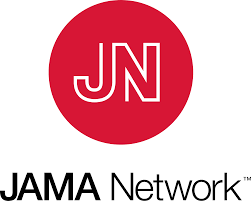
Association Between Cost Sharing and Naloxone Prescription Dispensing
Cost sharing significantly impacts naloxone prescription abandonment among commercially insured and Medicare patients. Analyzing data around the reset of deductibles on January 1, 2021, a study found that an increase in out-of-pocket costs led to a rise in prescription abandonment rates. Specifically, a $10 increase in cost sharing was associated with a 3.1 percentage point increase in abandonment for commercially insured patients and a 2.3 percentage point increase for Medicare patients.

Biden Administration Moves to Ban Medical Debt from Credit Reports
The Biden administration announced plans to bar medical debt from being included in credit scores, aiming to alleviate the financial burden on millions of Americans. Vice President Harris highlighted the unfair impact of medical debt on credit scores, affecting approvals for loans and overall financial stability. The Consumer Financial Protection Bureau (CFPB) supports this move, noting the unique nature of medical debt and its frequent inaccuracies.

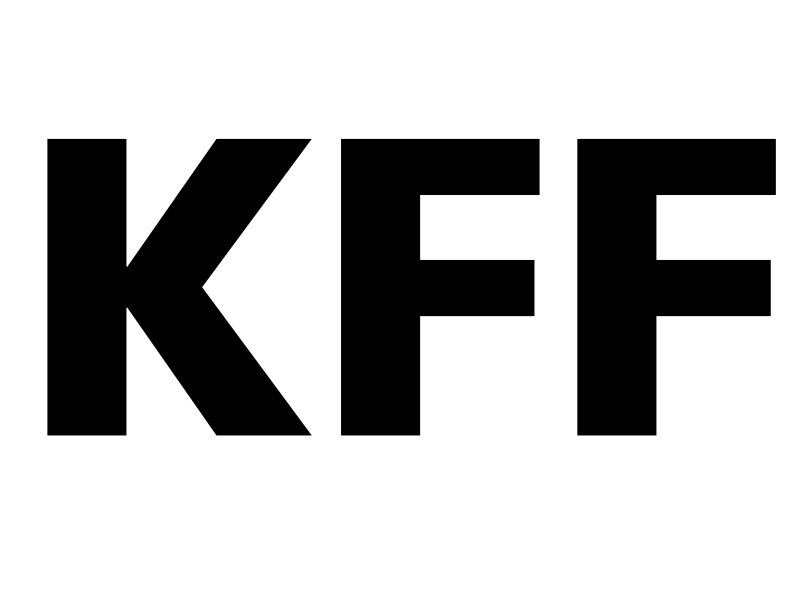
Black and Hispanic Adults with Fair or Poor Mental Health Are Less Likely to Receive Mental Health Services
According to a KFF survey, people of color face greater challenges in accessing care, including higher barriers related to cost, scheduling, and finding culturally competent providers. Black, Hispanic, and Asian adults are less likely to receive mental health services compared to White adults, and they often report additional hurdles such as lack of information and stigma.
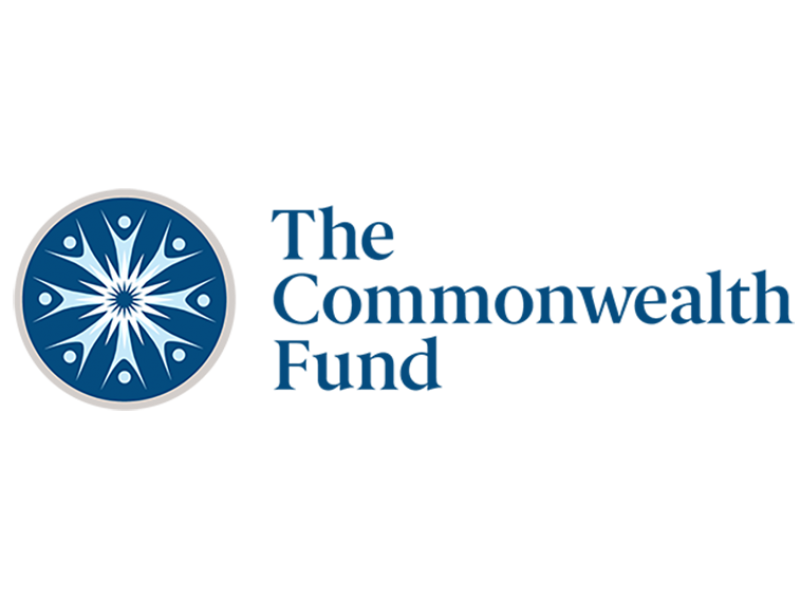
How U.S. Health Care Providers Are Addressing the Drivers of Health
A recent study highlights the significant impact of social and economic conditions on health, with low-income individuals facing greater health risks due to unmet needs like housing and food security. Nearly two-thirds of U.S. primary care physicians screen patients for social and economic needs, yet only a third screen for financial security. Physicians in community health centers show higher engagement, with 75% screening and 62% coordinating care for social needs. Over half of state Medicaid programs utilize federal policies to address these health drivers, aiming to improve patient outcomes and reduce healthcare costs.

Tennessee and Delaware Become First States to Offer Free Diapers to Medicaid Families
Starting in August, Tennessee will offer free diapers to families enrolled in its Medicaid program. Families will receive up to 100 diapers per month for children under 2, funded by a $30 million allocation from TennCare. Delaware’s pilot program, providing free diapers and wipes to postpartum parents for three months, has also been extended for five years. These initiatives aim to alleviate diaper costs, which can lead to health issues and work absences for parents, and address associated maternal stress and depression.

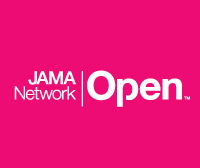
Medicare Coverage and Patient Out-of-Pocket Costs for Cardiovascular-Kidney-Metabolic Medications
A recent study analyzed Medicare Part D coverage and out-of-pocket (OOP) costs for cardiovascular-kidney-metabolic (CKM) therapies in 2023, revealing significant access challenges. Despite broad coverage of medications, nearly all plans imposed restrictions such as high-tier cost sharing, prior authorization, or step therapy. Median annual OOP costs exceeded $2000 for many therapies.

Medicare Beneficiary Spending in 2024
The 2024 Medicare Beneficiary Spending report has found that Medicare Advantage (MA) enrollees spent, on average, $2,541 less on healthcare costs (spending on premiums and out-of-pocket expenses) than fee-for-service Medicare enrollees in 2021. Additionally, MA enrollees experience a 31% lower rate of cost burden and report high rates of health care satisfaction and access to care.

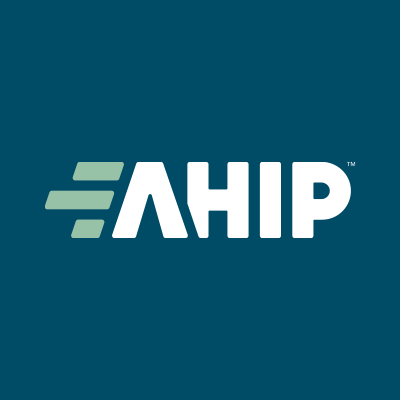
Promoting Health Through Prevention (PHtP) to Raise Awareness and Boost Uptake of Preventive Health Services
AHIP, along with leading public and private health organizations, has launched the “Promoting Health Through Prevention” (PHtP) campaign to promote preventive services available at no out-of-pocket cost under the Affordable Care Act. The initiative aims to increase awareness and uptake of preventive screenings for cancer, behavioral health conditions, and heart disease. The V-BID Center is proud to support these efforts.
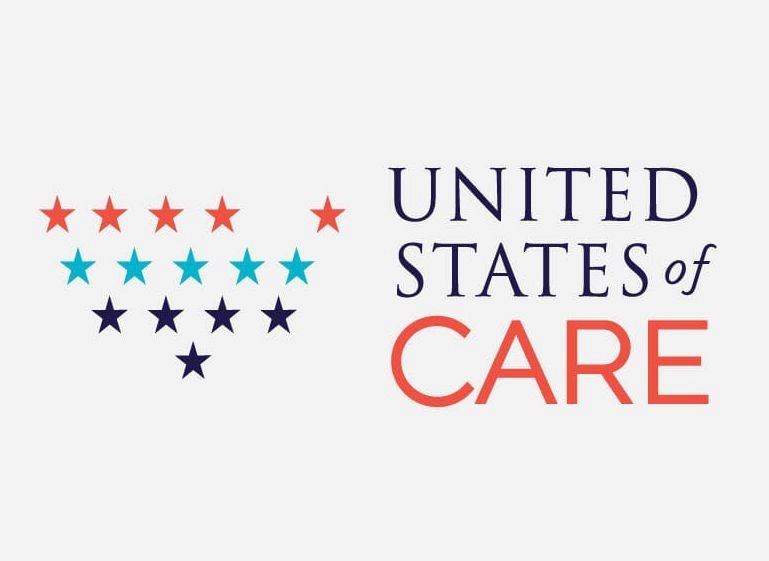
Braidwood v. Becerra: The Private Sector's Role in Protecting Preventive Services
Register now for an exclusive briefing on Braidwood v. Becerra, happening Wednesday, June 26 from 1-2pm EST. Discussions will include the legal history and outlook of the case, how various stakeholders are responding, the risks and implications for patients and providers, and what the private sector can do to protect access to free preventive care.
Please Help Support the V-BID Center
As a non-profit entity, the V-BID Center relies on fundraising to support our research, education, and policy efforts. Please help us continue our work by donating here. We truly appreciate your consideration.



